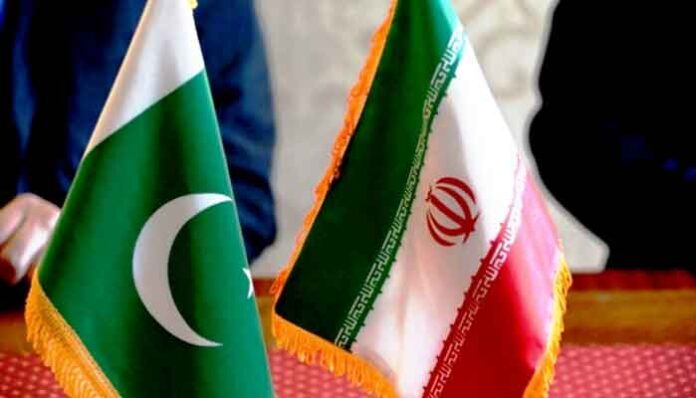Pakistan and the Islamic Republic of Iran have signed a series of Memoranda of Understanding (MoUs) aimed at strengthening cooperation in broadcasting, film production, media regulation, and cultural exchange — marking a major milestone in the long-standing partnership between the two nations.
The agreements were signed in Islamabad between the Islamic Republic of Iran Broadcasting (IRIB) and five key Pakistani entities: Pakistan Television Corporation (PTV), Pakistan Electronic Media Regulatory Authority (PEMRA), Box Office (Pvt) Ltd, Sab TV Network, and VSH TV.
Federal Minister for Information and Broadcasting Attaullah Tarar, who attended the signing ceremony, described the visit of the Iranian media delegation as “productive and inspiring,” adding that the new framework reflected both governments’ shared resolve to strengthen people-to-people ties and promote values of peace, solidarity, and resistance against oppression.
Tarar lauded Iranian President Masoud Pezeshkia’s recent visit to Pakistan as a significant step toward deepening bilateral relations, noting that his homage at the mausoleum of Allama Iqbal was a symbolic reaffirmation of Iqbal’s message that continues to resonate across the Muslim world.
The minister said that Pakistan and Iran are “not just neighbors but brothers bound by faith,” and welcomed the MoUs as a reflection of a shared vision for prosperity, cultural unity, and mutual respect.
Highlighting the growing importance of digital media, Tarar observed that during recent tensions with India, Pakistan’s youth displayed remarkable creativity online — engaging in what he described as a “meme war” that strengthened national unity and showcased the strength of Pakistan’s digital community.
He emphasized that digital collaboration is a key feature of the new agreements, enabling both countries to exchange expertise in content creation, regulation, and audience engagement in the online space.
Referring to his recent visits to Tehran, Tarar praised Iran’s hospitality, saying Pakistanis “felt at home” there. He also expressed solidarity with Iran following recent attacks, commending the resilience of the Iranian people and their media professionals, including broadcasters who continued their duties even under fire — a testament, he said, to Iran’s “unwavering strength.”
Tarar further announced plans for a joint Urdu-Persian drama series on Allama Iqbal, which he described as an educational initiative to help younger generations in both countries understand Iqbal’s philosophy of knowledge, action, and self-reliance. He added that such collaborative projects would deepen cultural bonds rooted in shared literary and spiritual traditions.
Iranian Ambassador to Pakistan Dr. Reza Amiri Moghadam thanked Prime Minister Shehbaz Sharif for his personal commitment to promoting media and cultural relations. He said the new cooperation framework would serve as a foundation for “public diplomacy,” bringing the people of both nations closer through shared cultural narratives and creative collaboration.
According to official documents, the MoU between IRIB and PTV includes provisions for content exchange, co-production of news and cultural programs, joint training sessions, and participation in each other’s festivals and events. The three-year agreement, which is automatically renewable, also provides for professional staff exchanges and technical cooperation.
The SATRA–PEMRA MoU focuses on media regulation, knowledge-sharing, and collaborative research, establishing joint working groups on content management, policy development, and regulatory frameworks.
A third pact, between IRIB and Box Office (Pvt) Ltd, part of the Cinepax Media Group, will advance cooperation in film production under the Punjab Film City initiative. IRIB will provide training and technical support in cinematography, editing, and set design, and promote joint productions and cultural diplomacy.
Meanwhile, the IRIB–Sab TV MoU aims to enhance cooperation in broadcasting, joint productions, and training, with a focus on youth-oriented and cultural programming. Both parties agreed to annual coordination meetings and the protection of shared intellectual property.
The Iranian delegation, led by Dr. Ahmad Norouzi, Deputy Managing Director and Head of IRIB’s World Service, described the agreements as a “bridge for academic, cultural, and professional exchange,” including opportunities for Pakistani students to study at Iranian universities.
Other members of the delegation included Dr. Abbas Mohammadnejad, Director General of IRIB’s International Affairs; Morteza Shamsi, Director of Sahar Global Network; and Dr. Jaber Ali Mohammadi Nafchi, Director General of IRIB Sistan and Baluchistan.




